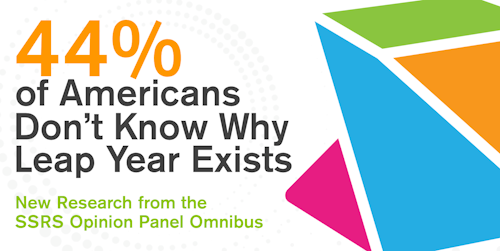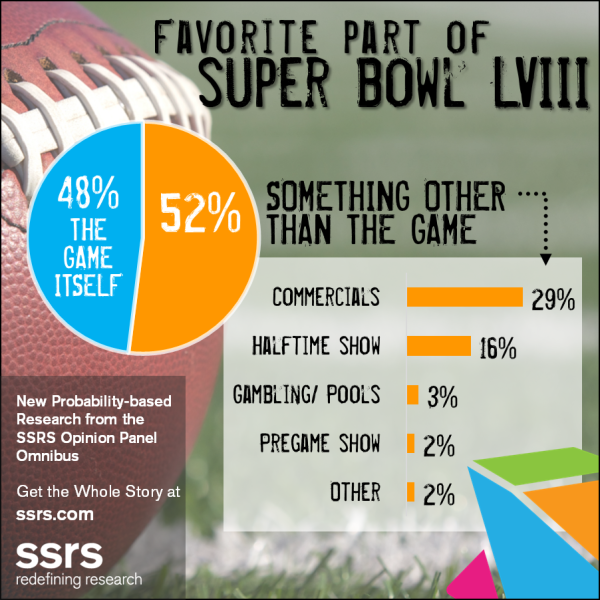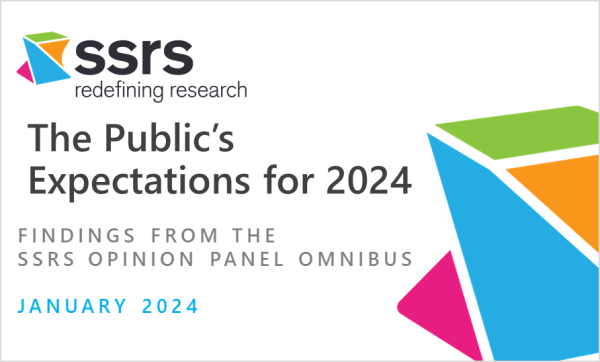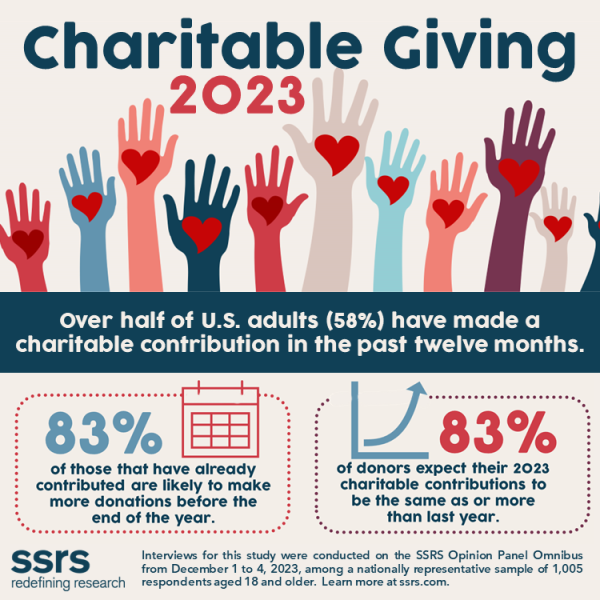Typical Applications
- Clients that need short, quick turnaround representative poll data.
- Cost-efficient population incidence estimates and wording experiments.
- Methodological studies.
- Public affairs studies on policy issues, current events, and trends.
- Measurement of brand awareness, messaging, product concepts, advertising campaigns, and consumer sentiment.
Survey Design and Data Collection
Looking for more details?
Download the SSRS Opinion Panel Omnibus Brochure











